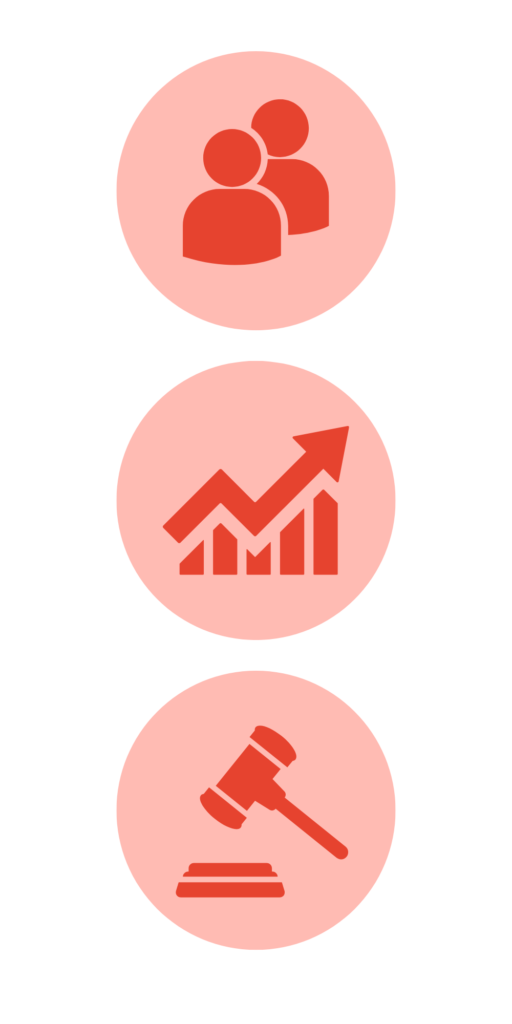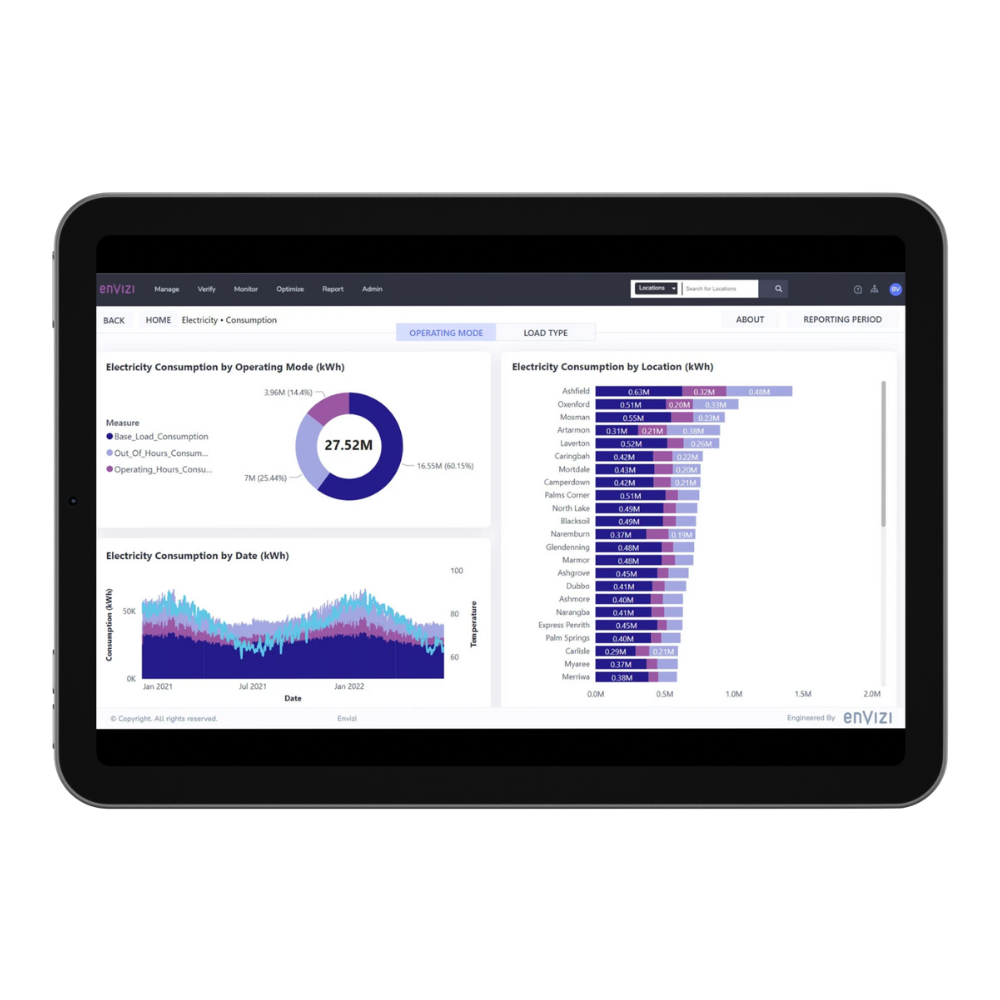- Current context
ESG criteria, a strategic lever
In today's business and regulatory landscape, businesses face constant pressure to adopt sustainable and responsible practices. ESG (Environmental, Social, Governance) criteria have become a necessity for any forward-looking company wishing to differentiate itself. As an indication, investments in ESG asset management will peak at 53 trillion euros by 2025. A figure which can be explained by two phenomena:
- Corporate commitment has become a criterion of choice for investors, customers, as well as employees.
- Governments are accelerating the implementation of regulations









